OpenAI is ending October with a new for-profit structure, a new deal with Microsoft, and an entirely new level of pressure to achieve artificial general intelligence.
The generally accepted definition of AGI is an artificial intelligence system that equals or surpasses human cognitive ability. But even as it’s become a goalpost for the entire AI industry, people disagree on exactly what that looks like and if or when it may be possible. An increasingly huge swath of the economy is devoted to finding the entirely hypothetical finish line of this expensive race. And after Tuesday’s news, there’s a new entrant in the race: Microsoft itself.
In 2019, OpenAI and Microsoft struck a partnership governed in part by a nebulous “AGI clause.” The deal declared that Microsoft held the rights to use OpenAI’s technology, but only until OpenAI achieved AGI… whatever that turned out to mean. OpenAI had an obvious incentive to announce it had achieved AGI as soon as possible, to stifle competition and regain control of its own IP. Microsoft had a similarly obvious incentive to add friction to that process, even as it supported AGI as an overall goal of AI.
OpenAI’s restructuring was dependent on Microsoft’s green light — and OpenAI would’ve lost out on as much as $10 billion if the for-profit conversion didn’t happen by New Year’s Eve. Microsoft seemed to win several concessions in the resulting negotiations. As part of the companies’ new deal, “once AGI is declared by OpenAI, that declaration will now be verified by an independent expert panel” — it won’t solely be OpenAI’s decision. And now, Microsoft also doesn’t lose all its rights to the tech, either. “Microsoft’s IP rights for both models and products are extended through 2032 and now include models post-AGI, with appropriate safety guardrails,” according to the new deal.
One of the most significant changes, though, was that Microsoft can also now “independently pursue AGI alone or in partnership with third parties” — meaning the AGI arms race is on in a way it’s never been before. Things are about to get even more intense than they already were, as absurd as that might sound.
For one thing, Microsoft is perfectly within its legal rights to use OpenAI’s IP to develop its own AGI and attempt to win the race. Yes, it’d face some consequences: if it does use OpenAI’s IP to achieve the milestone, then the models will be subject to certain compute limitations until AGI is officially declared. But remember, Microsoft has full IP rights to OpenAI’s research (at least, through 2030 or when the expert panel verifies AGI has been reached, “whichever is first”). That means Microsoft can even access models solely intended for OpenAI’s internal use, or for research purposes, as well as “confidential methods used in the development of models and systems.”
Microsoft could also work with one or many of OpenAI’s own competitors in its race to hit AGI. Last month, Microsoft began buying AI from OpenAI’s arguably biggest rival, Anthropic, in a move to diversify its AI partnerships; we could see the company work with Anthropic or any number of other startups in the near future.
The stakes of declaring that humanity has achieved AGI are huge. At the same time, this deal is being struck after months of AI developers shifting goalposts, often in ways that indicate AGI could be just around the corner. OpenAI CEO Sam Altman has alluded to AGI coming in 2025 or at least the next few years, writing in January, “We are now confident we know how to build AGI as we have traditionally understood it.” Anthropic CEO Dario Amodei has predicted that “powerful AI,” a term he prefers to use over AGI, could be here “as early as 2026, though there are also ways it could take much longer.” It’s a term we’ve heard from executives on earnings calls, a question we’ve seen on message boards for tech CEOs, and the stuff of countless memes.
One thing OpenAI did get out of the new Microsoft deal, besides the ability to go ahead with its for-profit restructuring, is the fact that Microsoft has no access to IP for its consumer hardware. That means the startup is likely betting big on its coming AI device, which it’s working to develop with famed former Apple designer Jony Ive. Altman doubled down on that during a Tuesday livestream, highlighting that OpenAI is looking to build “a personal AGI you can use anywhere, to help you with work and your personal life.” The new goal OpenAI highlighted was part of a growing trend of companies narrowing their focus to “personal AGI” and consumer hardware, similar to Meta CEO Mark Zuckerberg’s own AGI manifesto promoting “personal superintelligence.”
The idea of a panel determining whether OpenAI achieved AGI makes sense in a lot of ways. AGI is such a buzzword that it doesn’t necessarily make sense for one company to declare it’s reached the milestone with no external input, especially when such an announcement would have huge ripple effects, particularly in the financial markets. Even Altman said during Tuesday’s livestream that the term AGI has become “hugely overloaded” and doesn’t mean as much as it did before. So it stands to reason that a panel of experts should help define it. The question, of course, will be who chooses those experts. OpenAI and Microsoft haven’t released any details about how the panel will be picked, and OpenAI declined to offer any further details when contacted by The Verge.
Altman himself said, in a Q&A with reporters earlier this month at the company’s annual DevDay, that “there are many parts of AI that I think are kind of bubble-y right now.”
During Tuesday’s livestream, chief scientist Jakub Pachocki said that as companies scale deep learning and develop new algorithms, AI will eventually surpass some aspects of human intelligence on the curve of intelligence and “already [has] surpassed on multiple axes.” But, he said, even achieving that “doesn’t actually mean you’ve solved all the problems around it, which is something we need to seriously think about.”
“[AGI] will be this process over a number of years that we’re in the middle of,” Altman said during the livestream. “I think it’s much more useful to say our intention, our goal, is by March of 2028, to have a true automated AI researcher and define what that means than it is to sort of try to satisfy everyone with a definition of AGI.” But there’s at least one party OpenAI is going to have to actually satisfy with that kind of definition: Microsoft. And billions of dollars are on the line.

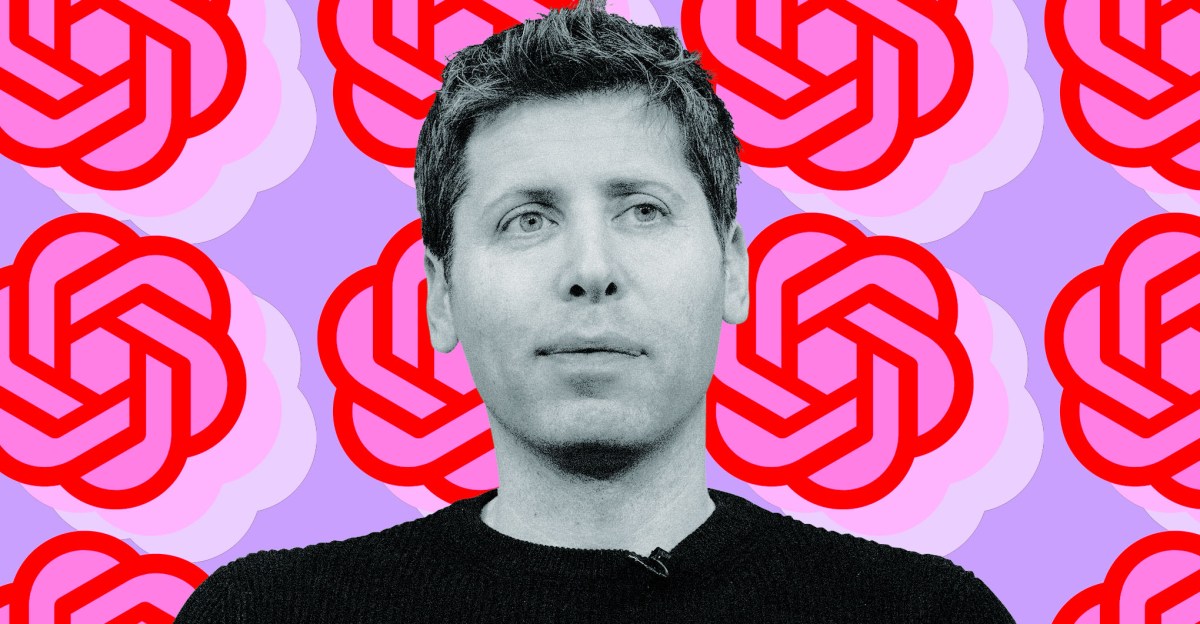
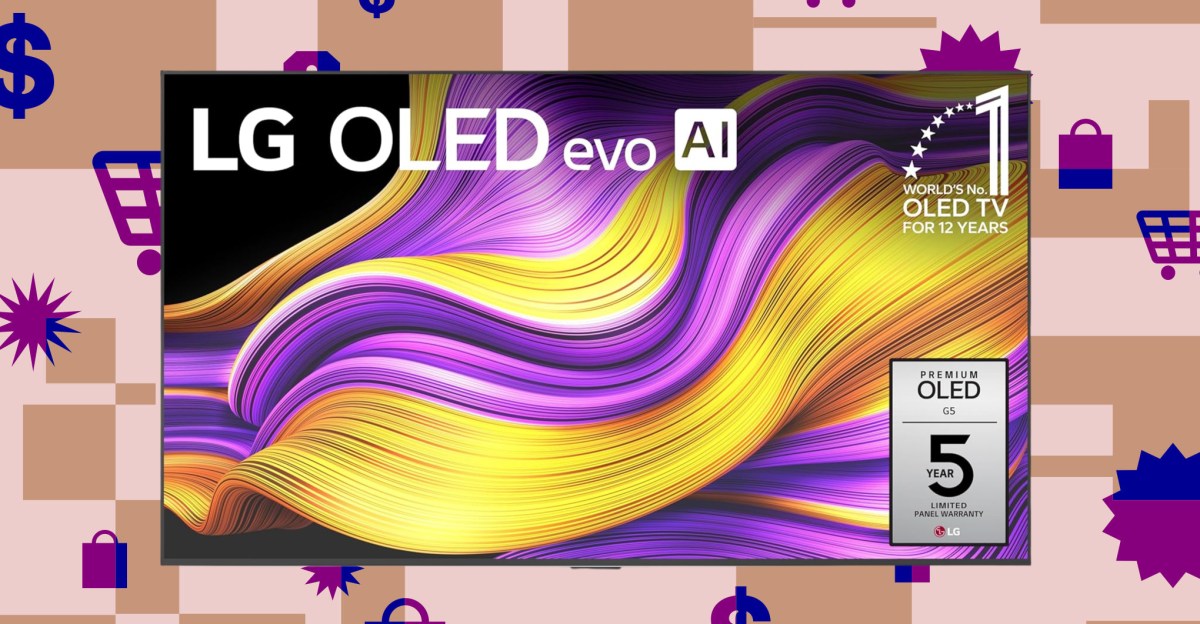
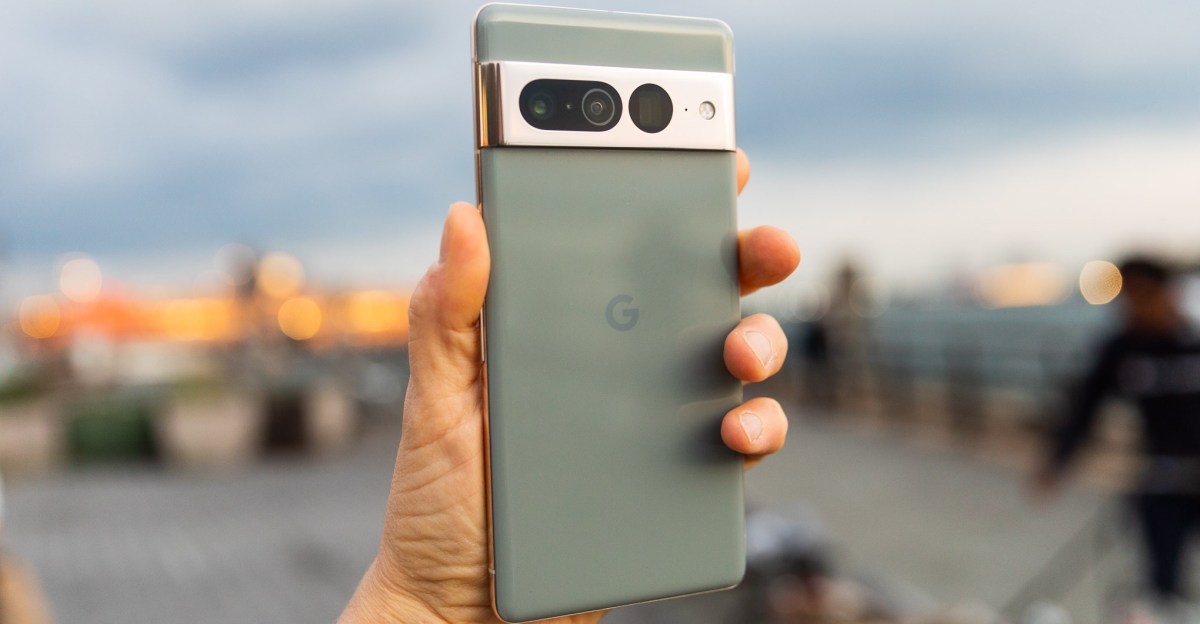
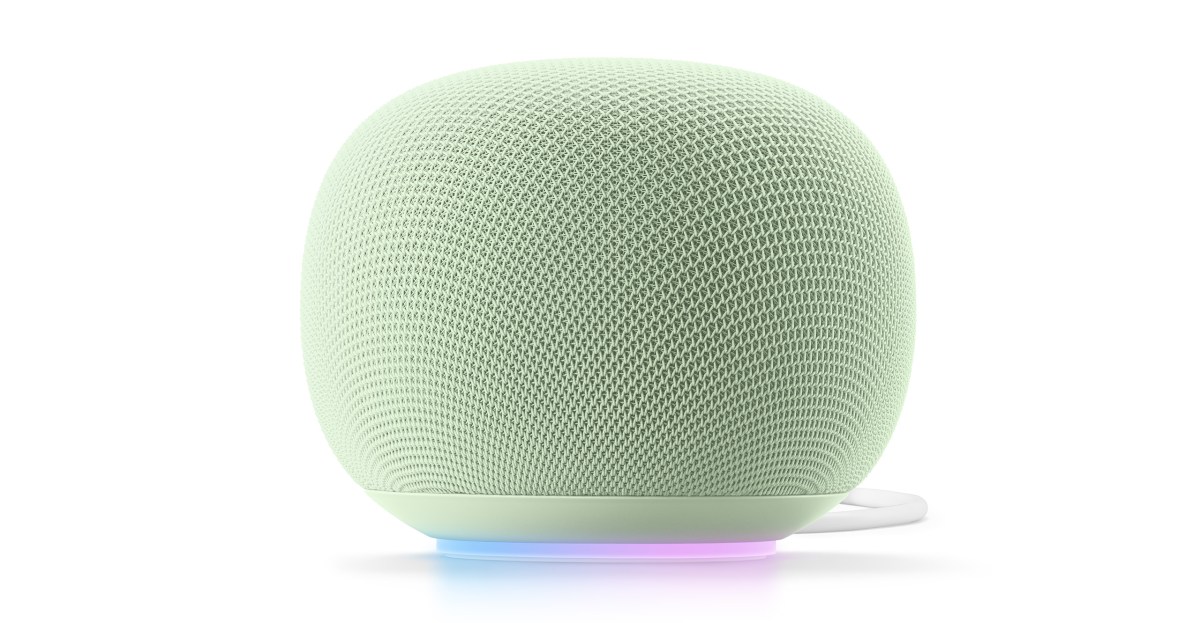
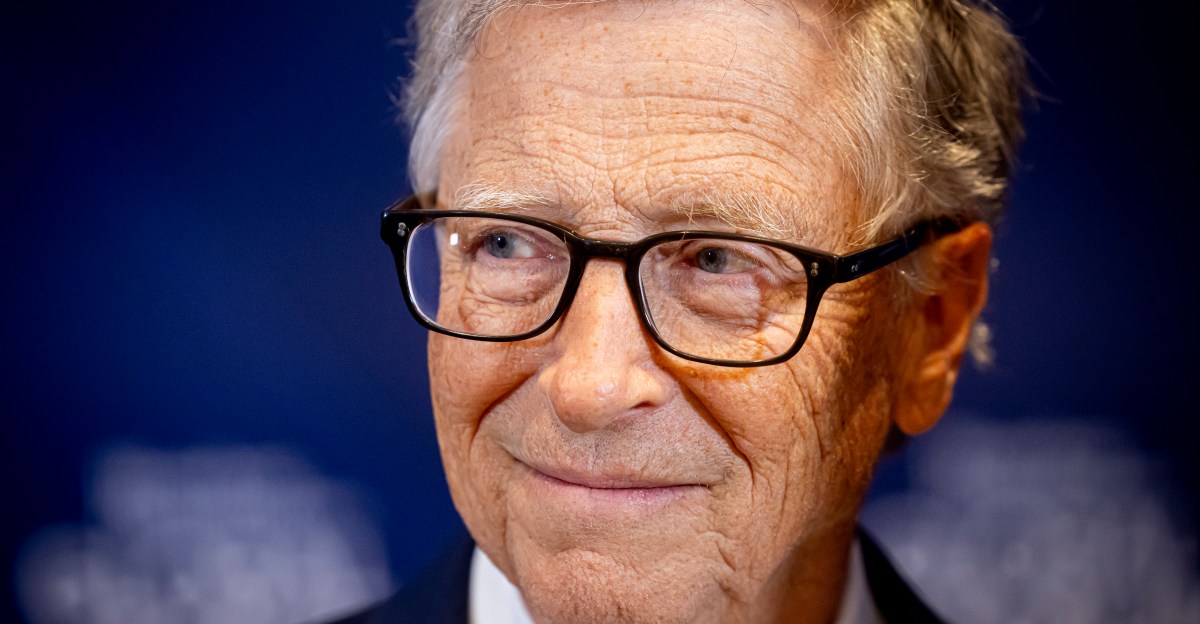
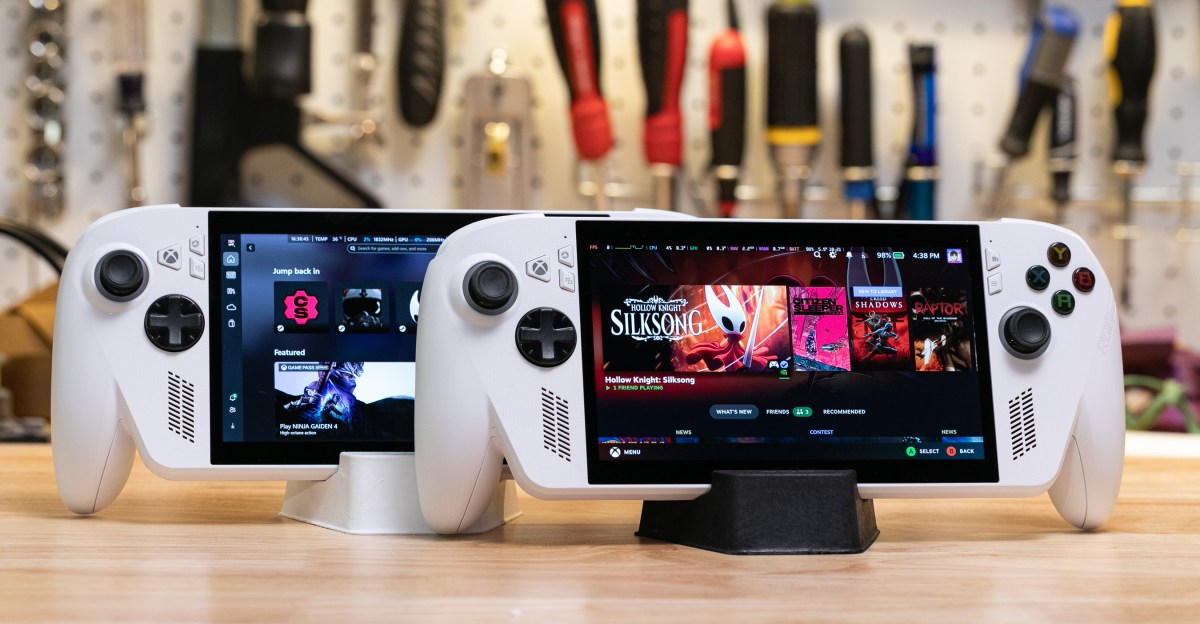

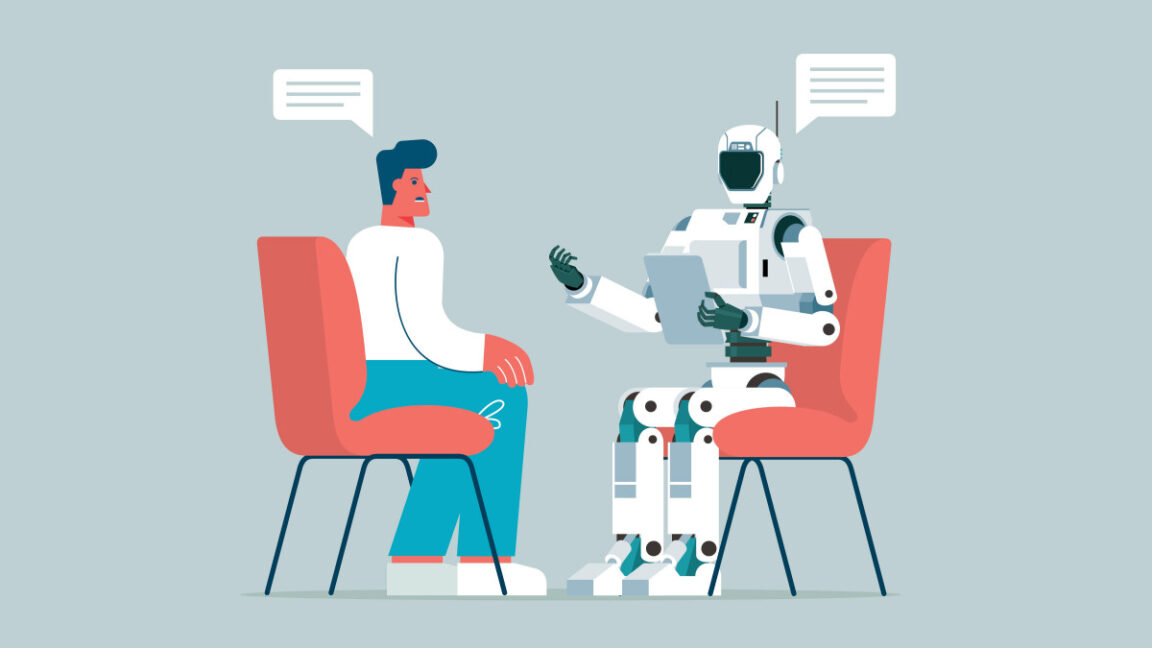
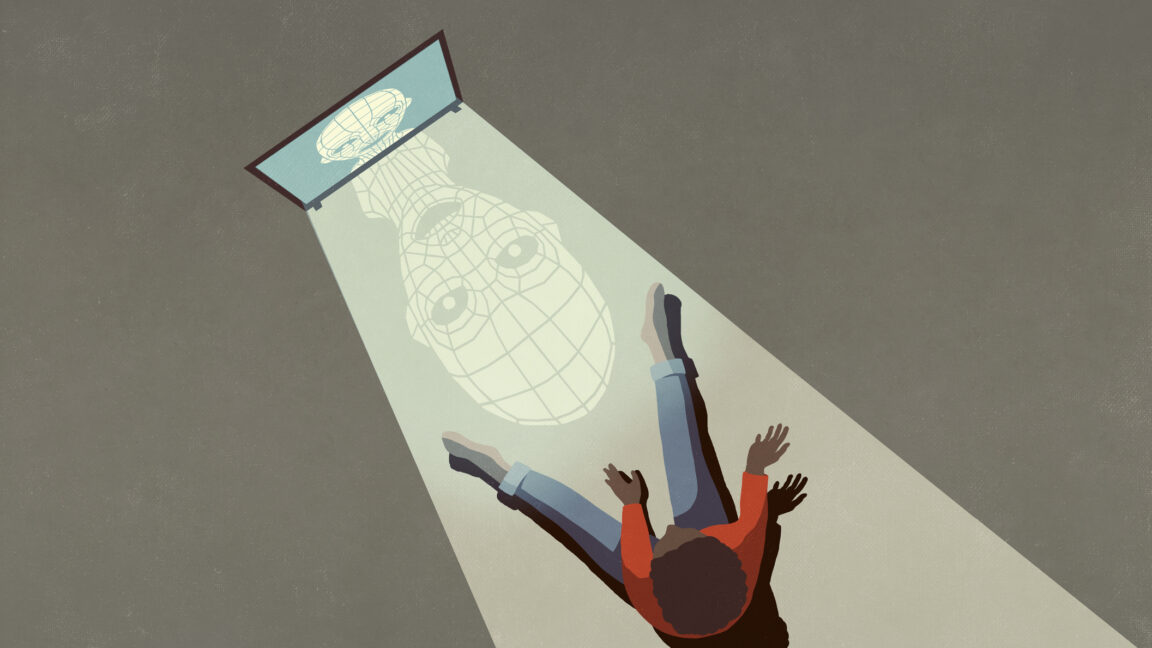


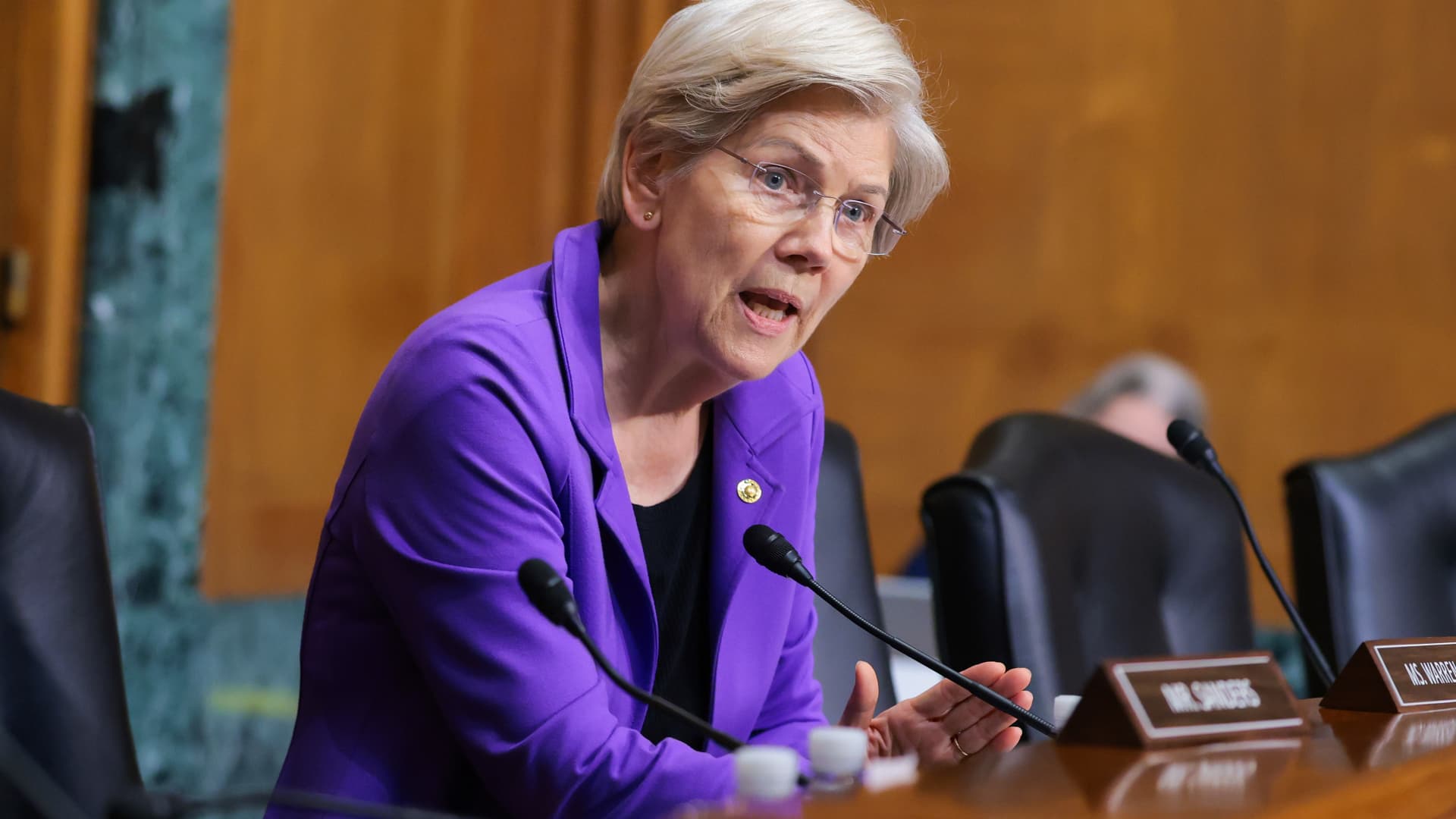



Leave a Reply